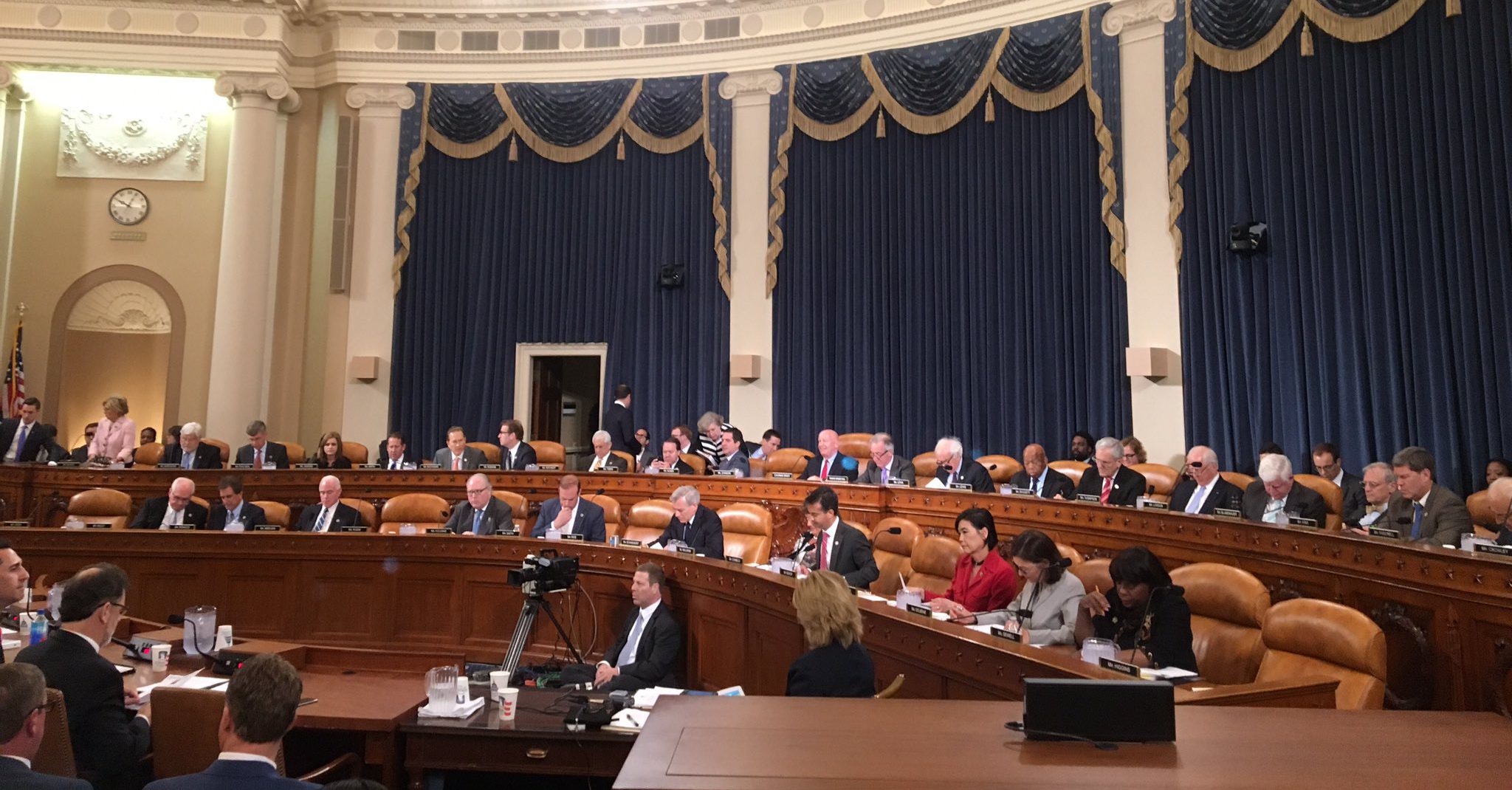Supporters of the Tax Cuts and Jobs Act might have hoped for a more celebratory first year anniversary. The public has not seen the kinds of benefits promised — few have seen anything close to $4000 raises, and real wage growth, accounting for inflation, continues to be sluggish. And despite surging corporate profits, the stock market took a tumble as other factors weigh heavy on the minds of investors. Even the board room celebrations are muted at best.
Some economists urge patience and claim the tax law has not had time to work its magic, but much of the rhetoric prior to passage vowed immediate benefits from the new law — making disappointment, resentment, and anxiousness inevitable. One recent survey of accountants found that 40% said their clients were anxious about the impact of the new tax law.
Much of the analysis is focused on the changes made to individual tax filers, but some of the most sweeping changes were for corporate filers. In addition to a substantial cut in the corporate tax rate, the law changes the way in which we tax multinational companies.
Companies, like individuals, used to owe taxes on income wherever it was earned. Under the TCJA, companies now get a pass on profits booked offshore. In an attempt to prevent offshore gaming, the law created complicated mechanisms to tax profit-shifting to tax havens, but after deductions and further rate reductions, companies will pay at most half the rate on offshore profits as domestic profits.
Yes, TCJA offers an incentive to move profits and operations offshore.
Despite the obvious incentive, supporters said it would stop companies from moving. However, since passage, several high-profile companies have moved operations elsewhere including Harley Davidson and, most recently, General Motors. Whether the moves were a direct result of the incentives or one of several factors, it remains that the law did not dissuade them from making the move.
Even less well covered is the massive tax giveaway on profits currently held offshore. Again, supporters of the TCJA said that we should free the estimated $2.6 trillion in U.S. corporate profits booked overseas. That money, they claimed, could be used for productive investment in the U.S. — if only companies had the right incentive. The law reduces the tax rate on profits that were already earned (but booked overseas) from 35% to between 8% and 15.5%. The law also allows companies to bring the money back (and pay the taxes on those profits) over an eight-year period.
This raises several concerns. First, reduced tax rates are supposed to incentivize investment to generate new profits. In this case, the law reduces the tax rates on profits that were already made — the investments were already spent under the old, higher tax rate. Second, companies are getting an eight-year window in which to pay the taxes they owe on past profits. That is an eight-year, interest-free loan on hundreds of billions of dollars. As of September, the companies brought back less than 20% of the money (about $465 billion). Wouldn’t we all like to defer paying our tax bill and invest that money over time? The return on investment could help to pay for — if not offset entirely — the ultimate tax bill. It is an enormous, yet unrecognized, giveaway. Third, the money “held” offshore is not entirely offshore. An investigation by the Senate Permanent Subcommittee on Investigations found in 2011 that roughly half the money booked offshore had already been reinvested in U.S. Treasury bonds and other vehicles because they were thought to be safer than other investments. In plain English, that means the companies are bringing a sizeable chunk of the profits supposedly trapped offshore “back” from Manhattan. The companies had some restriction on the use of those profits (e.g. they could not use the money to pay dividends) but, as far as the U.S. economy is concerned, the money was already here and circulating.
Post TCJA, tax havens continue to recruit new clients. The incentives are unlikely to stem the flow of money outward. The repatriated profits are coming in slowly. The windfall to companies from all aspects of the TCJA are going in large part to stock buybacks benefitting shareholders more than workers.
On the first anniversary of the TCJA, there are some who are celebrating. It’s just not the people for whom the tax law was originally advertised to help.
—
Gary Kalman, is the Executive Director at The FACT Coalition

